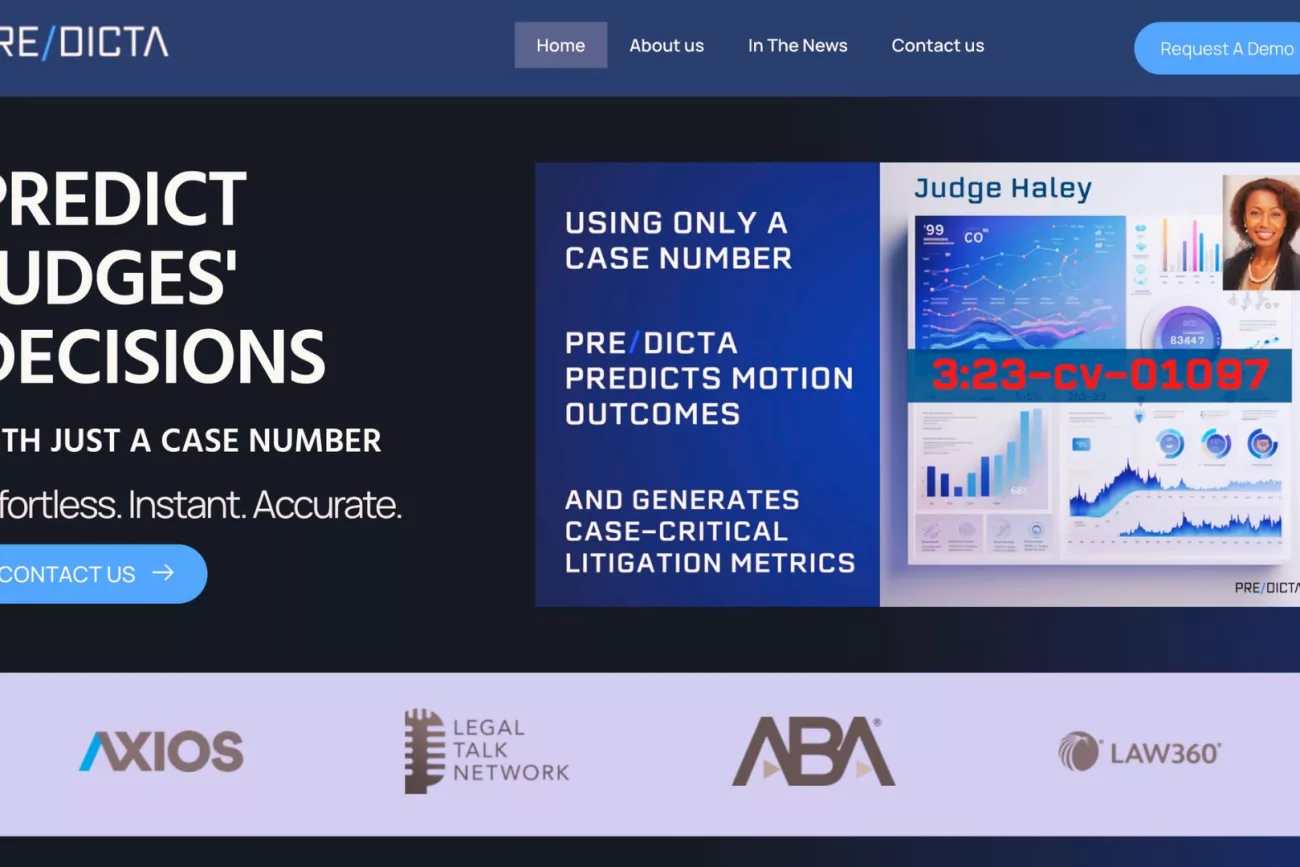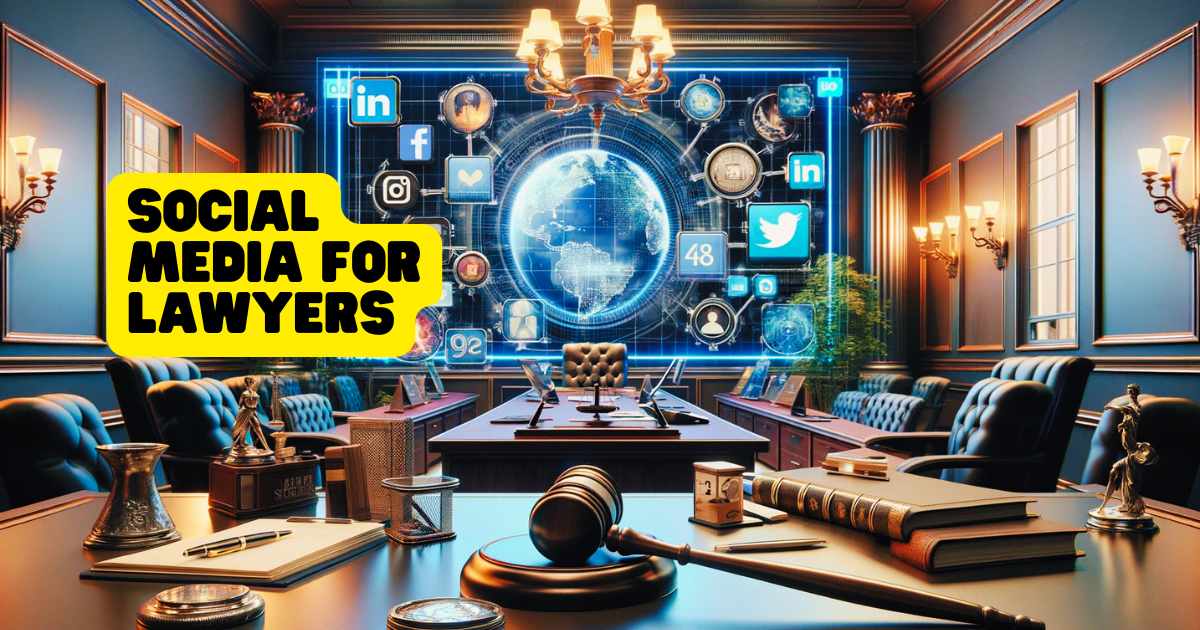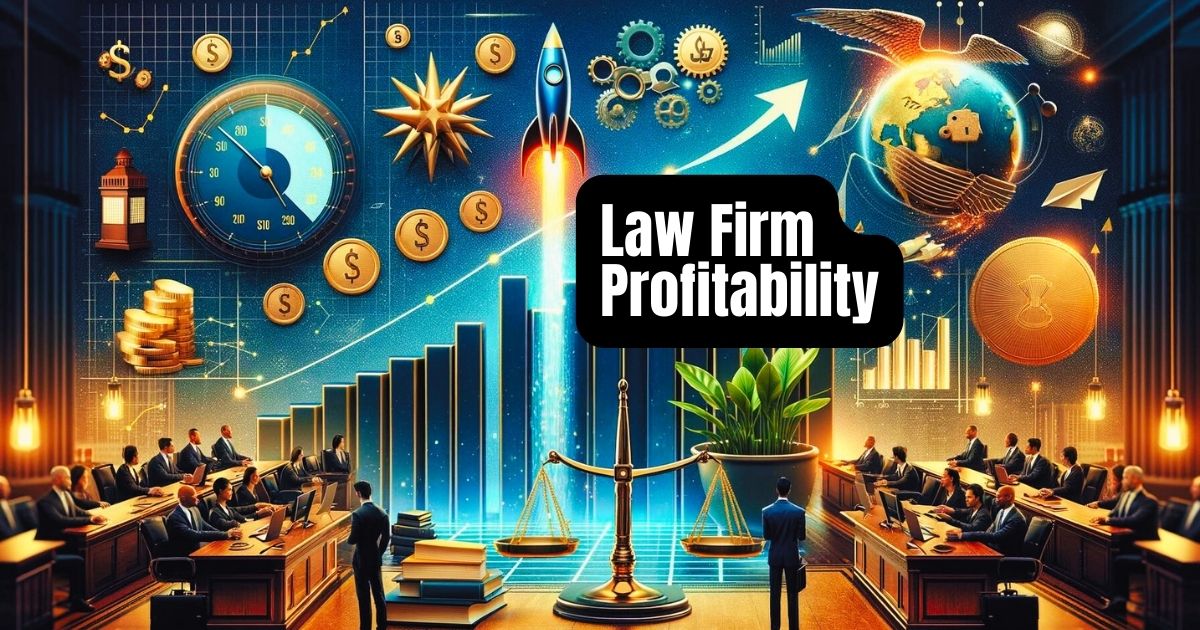
Key Points:
- AI’s impact on industries: healthcare, finance, transportation, and manufacturing.
- Strategies for workforce adaptation: embrace AI, upskill, and reinvent job roles.
- Addressing AI anxiety: adaptability and seizing new opportunities.
- Future of work: AI-enabled collaboration, innovation, and lifelong learning.
The AI Revolution and the Future of Work
As the Artificial Intelligence (AI) revolution gains momentum, the workforce faces a critical juncture. While AI promises to streamline processes and drive innovation, it also raises concerns about job displacement and the need for adaptability. This comprehensive guide explores the impact of AI on various industries, strategies for workforce adaptation, and answers frequently asked questions on this pressing issue.
AI’s Unprecedented Impact on Industries: A Brave New World
From healthcare and finance to transportation and manufacturing, AI is profoundly transforming industries. Its far-reaching influence drives innovation and optimization, redefining the boundaries of what’s possible.
Healthcare: Revolutionizing Diagnostics and Treatment
In the healthcare sector, AI-powered tools are reshaping diagnostics and treatments, offering the potential for more accurate and timely interventions. From early cancer detection to personalized medicine, AI is set to revolutionize patient care.
Precision Medicine: Tailored Treatments for Individual Needs
Precision medicine, fueled by AI and machine learning, uses vast amounts of data to create customized treatment plans based on each patient’s unique genetic makeup, lifestyle, and environment. This tailored approach leads to more effective therapies and better patient outcomes.
Finance: Risk Management and Personalization
The finance industry is experiencing an AI-driven transformation, with tools like automated trading systems and personalized financial advice. These innovations minimize human error and deliver targeted insights, revolutionizing the client experience.
Robo-Advisors: The Future of Financial Planning
Robo-advisors, powered by AI algorithms, provide personalized investment recommendations based on clients’ financial goals, risk tolerance, and time horizons. This cost-effective, automated service is transforming the financial planning landscape.
Transportation: The Road to Autonomous Vehicles
AI is steering the transportation industry toward a future of autonomous vehicles and intelligent traffic management systems. By reducing congestion, lowering emissions, and enhancing safety, AI technologies promise to revolutionize the way we travel.
Smart Cities: Integrating AI for Urban Efficiency
Smart cities leverage AI and IoT technologies to improve urban infrastructure, transportation, and resource management. This interconnected ecosystem offers real-time data analysis, enabling cities to optimize services and enhance the quality of life for residents.
Manufacturing: Automation and Agility
In manufacturing, AI-powered robotics and machine learning algorithms are driving faster, more precise production with fewer errors and less waste. These innovations enable companies to adapt swiftly to market changes and maintain a competitive edge.
Digital Twins: Virtual Models for Real-World Optimization
Digital twins are virtual replicas of physical assets, processes, or systems that use AI and IoT data to optimize real-world performance. This technology enables manufacturers to simulate and predict outcomes, driving innovation and efficiency.
Strategies for Workforce Adaptation: Embrace, Upskill, and Reinvent
As AI continues to redefine the workforce, it’s essential to develop strategies that enable workers to adapt and thrive in this rapidly changing landscape.
Embrace AI: Synergy Between Humans and Machines
Rather than fearing AI, workers should recognize its potential to augment human capabilities. By integrating AI into their workflows, employees can focus on higher-level tasks while AI handles repetitive or mundane aspects of their jobs.
Upskill and Reskill: Committing to Lifelong Learning
To remain competitive, workers must be prepared to upskill and reskill throughout their careers. This includes staying informed about industry trends, acquiring new skills relevant to their field, and exploring adjacent areas to broaden their expertise.
Reinvent Job Roles: Seizing Opportunities in the AI Era
AI not only displaces jobs but also creates new roles that require unique skills and expertise. By remaining open to reinventing their careers, workers can capitalize on the opportunities presented by AI-driven industries and secure their place in the evolving job market.
Embracing the AI Revolution and Shaping the Future of Work
The AI revolution presents both challenges and opportunities for the workforce. By understanding the impact of AI on industries and adopting strategies for adaptation, workers can not only survive but thrive in the AI-driven future. Embracing AI, committing to lifelong learning, and reinventing job roles are essential steps toward ensuring success in the rapidly changing job landscape.
As AI continues to reshape the way we work, unlocking new levels of productivity, efficiency, and innovation, it’s crucial for workers to adapt and seize the opportunities it presents. By doing so, they can create a brighter future for themselves, their industries, and the global economy as a whole.
In the face of AI anxiety, it’s essential to remember that the power of AI can be harnessed to propel the workforce into a new era of collaboration and innovation. By adapting to the evolving job landscape, workers can ensure their place in the workforce of tomorrow, creating a future that embraces the full potential of AI.














